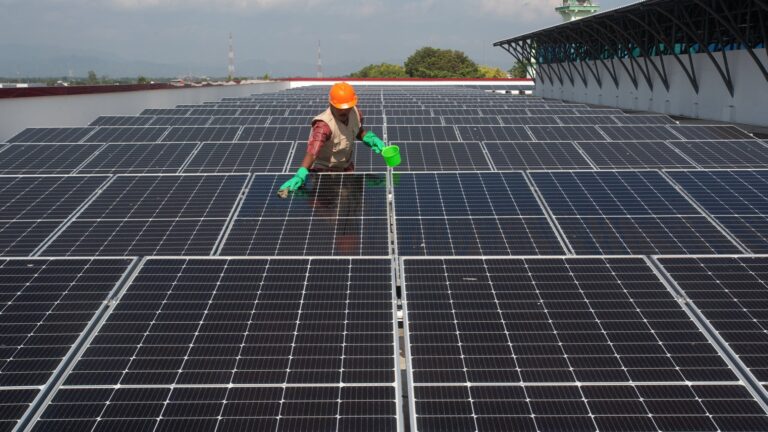The latest edition of our Sustainable Views newsletter
Dear reader,
What do you think today about ESG policies and actions in favor of climate and biodiversity?
The far right has won the first round of the French elections by a landslide, Donald Trump’s second term in the White House seems ever closer, Democrats are arguing over whether to replace Joe Biden as their presidential candidate, and Hungary today took over the six-month rotating presidency of the European Union. None of the far-right parties see climate action as a priority.
Coal dependence in Indonesia and the Philippines
Data from Indonesia and the Philippines released today by think tank Ember also does little to boost morale. The report shows that both countries rely on coal for a record share of their energy needs, with their dependence on coal even surpassing that of China.
Indonesia and the Philippines also appear to be behind in meeting 2030 targets for increasing renewable energy capacity, with solar and wind power accounting for less than 4% of electricity generated in each country. last year, writes Marie.
On the sidelines of the G20 summit in Bali in 2022, a Just Energy Transition Partnership was announced to help Indonesia phase out coal and accelerate its transition to clean energy. But implementing the plan has proven fraught with challenges.
Isabella Suarez, Southeast Asia lead at TransitionZero, a climate analysis nonprofit, says the increase in coal production “doesn’t mean things aren’t moving. The JETP is only a year old, and the investment plan that sets the roadmap is even newer. In the Philippines, plans and incentives have not been aligned to ensure change. It’s too early to see the impact of these new ambitions.”
Kostantsa Rangelova, global electricity analyst at Ember, also agrees that “it is too early to say that JETP is a failure.” She suggests, however, that there are problems with the plan, including that “Indonesia’s overall investment and policy plan’s emphasis on dispatchable renewable energy, which will only begin to operate at the end of the decade , risks diverting Indonesia from its accelerated energy transition trajectory.”
The imperative for interoperability in carbon disclosure
Meanwhile, Angélica Afanador, executive director of the Partnership for Carbon Accounting Financials, says in her opinion today that the fragmentation of climate-related information required by different jurisdictions risks slowing much-needed progress on reducing emissions.
“The imperative for interoperability of global climate-related information is clear: it is about improving the consistency and comparability of information and reducing duplication,” she writes. “Alignment ensures that financial decisions are made with a consistent understanding of climate risks and opportunities, facilitating the flow of capital into sustainable investments across borders. »
While there is room for optimism, Afanador believes there is still “much to do.” She believes that when critics refer to the “alphabet soup” of climate finance, they are raising a legitimate concern. “The sheer volume of different initiatives and frameworks risks making the climate finance space so complex that it slows down investment and action for the transition to a net-zero emissions economy,” she writes. “There remains an urgent need to continue to find ways to streamline and harmonize the system.”
Until tomorrow,
Philippa
Philippa Nuttall is the Editor-in-Chief of Sustainable Views


